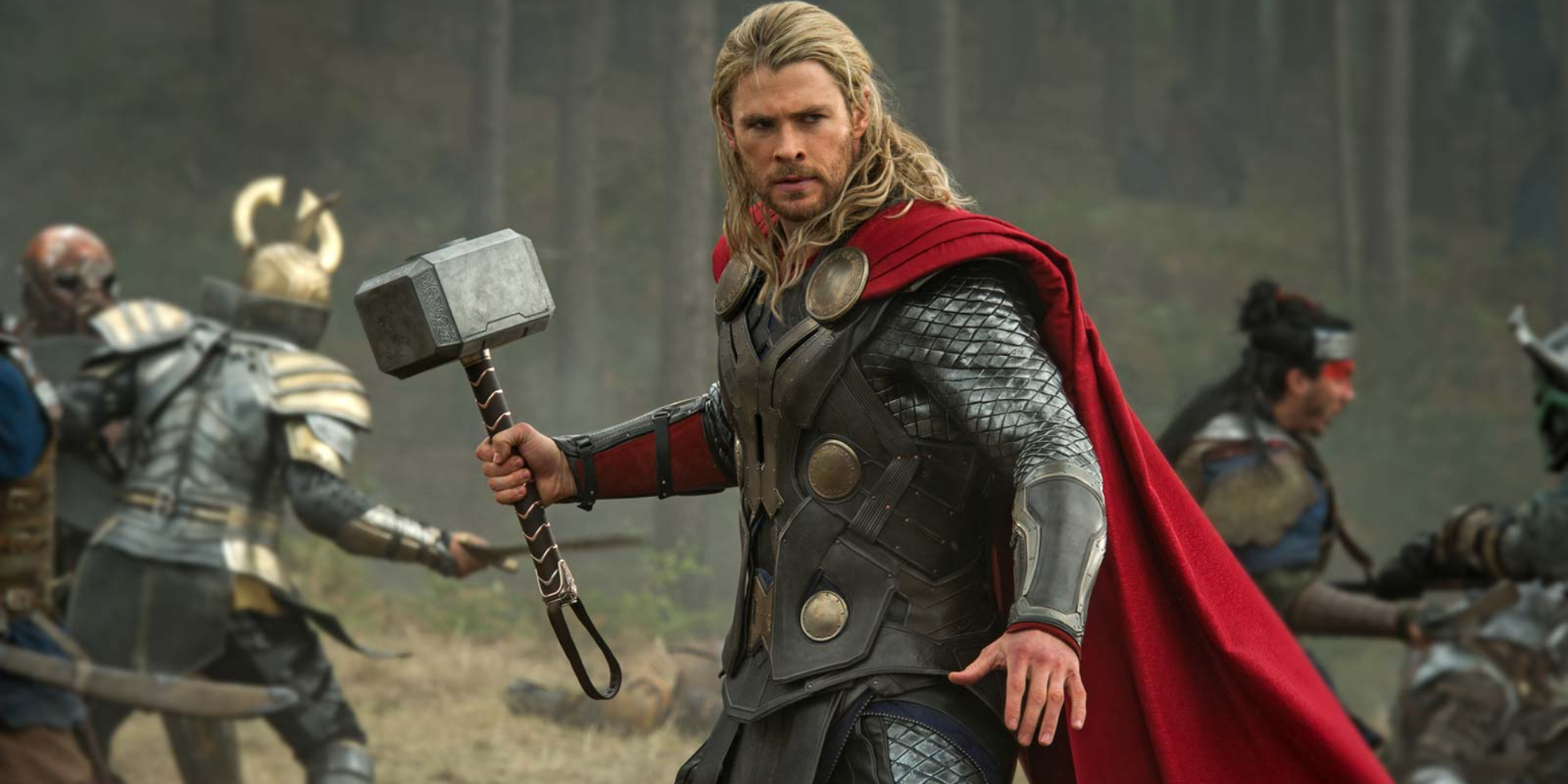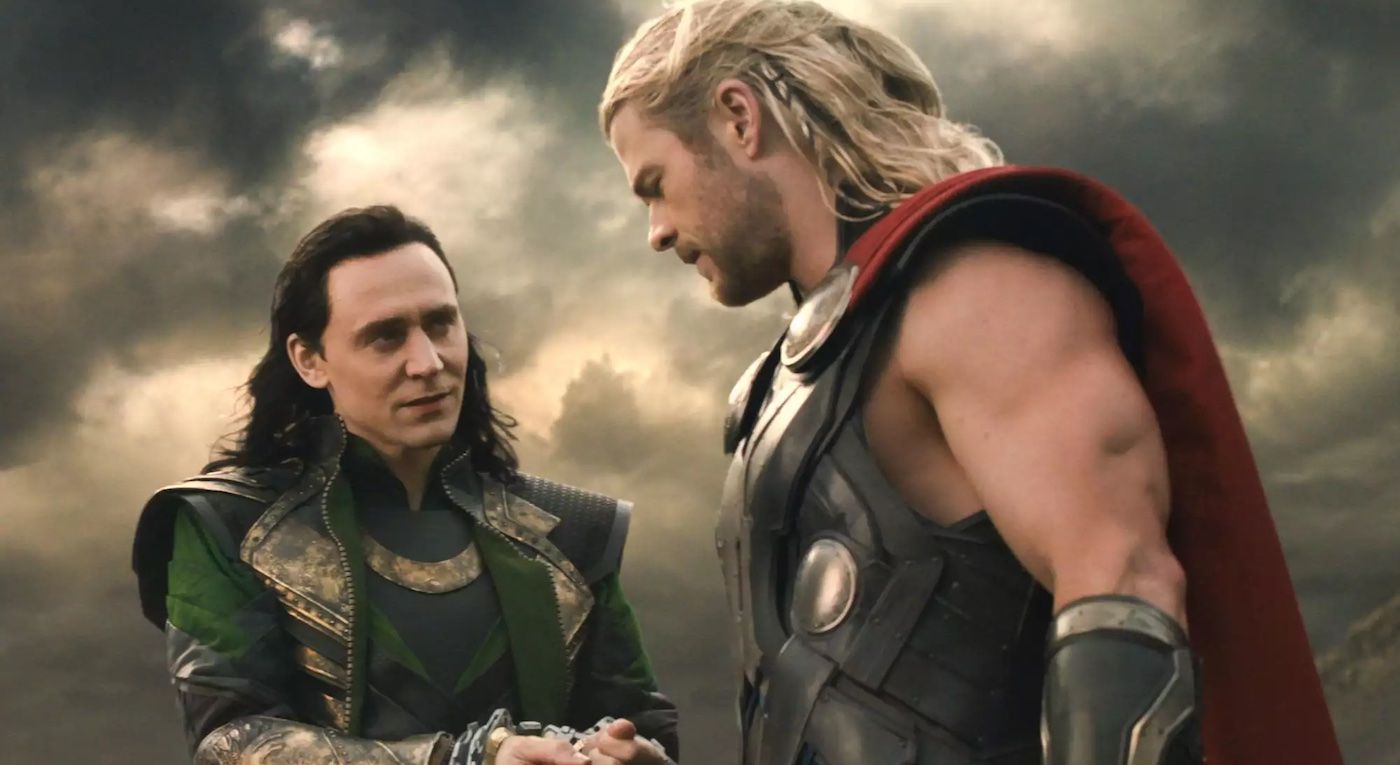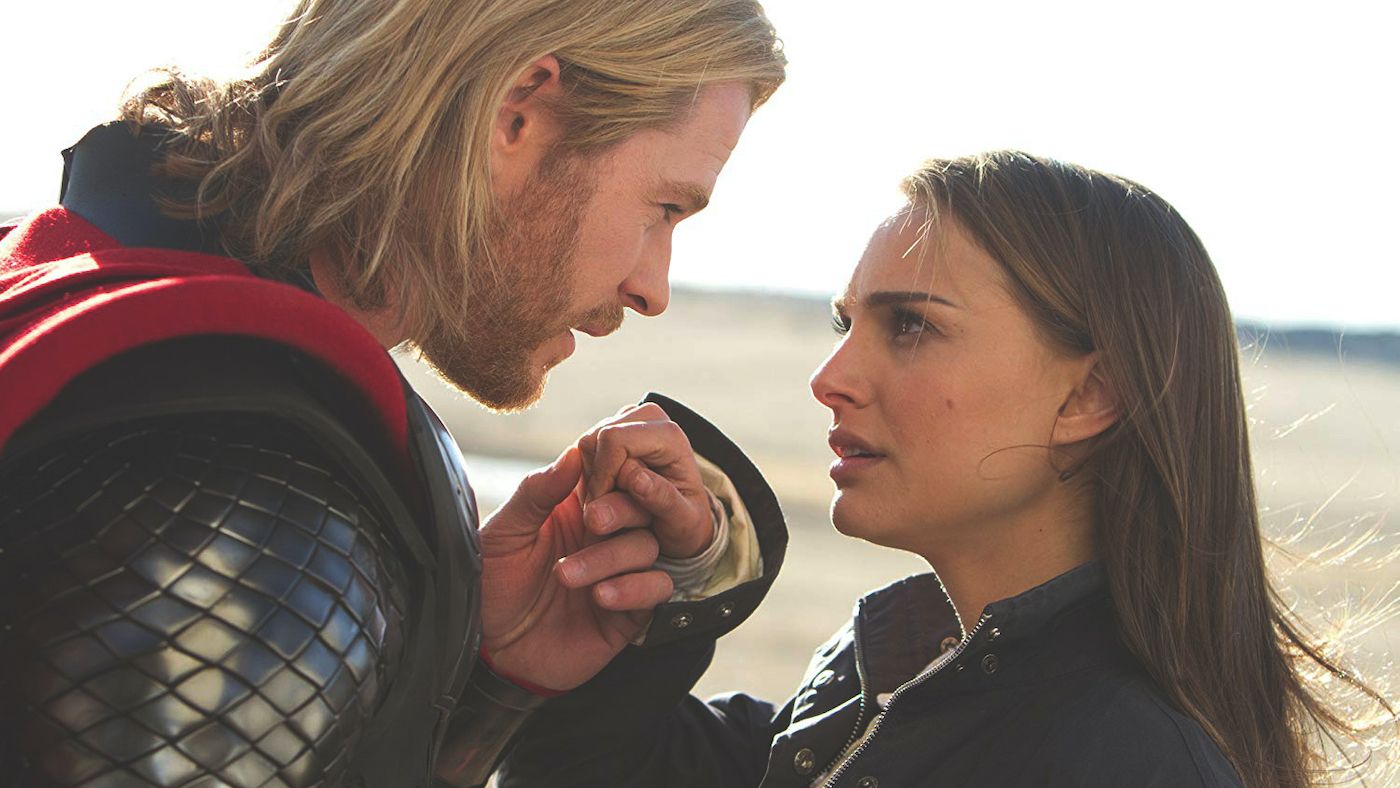The MCU has been a giant in the superhero film industry for years, and ever since phase one first began, Marvel has successfully introduced and developed an incredibly detailed cast of core characters beginning with the members of the Avengers. As the longest-serving member of this team whose story is still being told, Thor has been around for a while and is about to star in his fourth film, Thor: Love and Thunder. The character and his films, however, have undergone quite a change over the years.
While the first two films in the Thor franchise, Thor (2011) and Thor: The Dark World (2013) set up a unique and solid tone for the Norse god of thunder, the introduction of director Taika Waititi’s new direction in Thor: Ragnarok (2017) broke away from the Shakespearean tragedy style storytelling that had been woven into Thor’s tale from the beginning. Ragnarok is an inspired, funny, and colorful new take on Thor as a character and his place in the new phases of the MCU, and this new light-hearted and quirky tone fits well with actors Chris Hemsworth and Tom Hiddleston as Thor and Loki. It is also likely that the fourth film, Thor: Love and Thunder (coming in July 2022), will continue the colorful and wacky new style.
However, even though the original dark and brooding tone was scrapped in favor of humor and brevity, Thor’s original story structure did benefit both Thor’s film franchise and the MCU as a whole. The first few films center mostly around the relationship between Thor and Loki, which is a sibling rivalry for the ages. When both children are gods, immaturity can last for millennia. The writers and director (Kenneth Branagh) of Thor chose to apply a serious and mystical quality to this strange fish-out-of-water story (though the trademark MCU humor is still there, the story very much centers around the larger-than-life conflict between the two brothers).
This modern version of Thor ends up looking quite different from the old figures of Norse mythology, with interactions with the modern human world and shocks of color and humor being several important changes. But one aspect of many mythological stories involving Thor and/or Loki stayed the same after the jump from legend to Marvel: the shape of tragic storytelling. The first Thor film serves as a starting point for the character, both a coming-of-age story and a superhero origin story all wrapped into one. As Thor realizes the burden of responsibility and the weight of an entire kingdom (sometimes even more than one realm) on his shoulders, Loki unravels as he deals with the revelation of his heritage. Not only has Loki been in Thor’s shadow since they were children, he learns that he was a spoil of war and never could have become king. In the end, both sons attempt to prove to Odin (Anthony Hopkins) that they are worthy of the throne.
As Thor learns his lesson on responsibility and empathy, as well as the dangers of recklessness, Loki leans into his role as an irresponsible and unapologetic villain who leaves destruction in his wake. Thor wins the day and emerges triumphant, but he loses his brother; a tragic ending. And even though Thor learns his lesson, the cost of that lesson means losing his only connection to Earth and the one he loves. The Dark World continues the tragedy involving these brothers and adds an element of danger to Thor’s love interest, Jane Foster (Natalie Portman). While Thor develops a deeper relationship with Jane, he must risk losing her and falling victim to more of Loki’s schemes in order to free her of the Aether, which is a coveted power source for Malekith (Christopher Eccleston) and the Dark Elves. It is worth noting that in no Thor film does the prince of Asgard escape without some sort of loss. With every triumph comes a high cost. In this second installment, Thor loses his mother, Frigga (Rene Russo).
As a side note, while Loki has a tendency to fake his own death, he is able to fool Thor every single time. At the end of the first film, he falls into the abyss of space and is presumed dead. At the end of this second installment, he fakes being killed by the Dark Elves so that he can more easily usurp the Asgardian throne. Even though he isn’t technically gone, Thor still mourns the loss of his brother and will continue to do so throughout the MCU, whether Loki is scheming or truly dead. All this is to say that, just in any sort of tragedy, loss is gutting and complete, and every small victory is won with blood.
The tone of these first two films matches the subject matter. Dark, ominous (and, in the first film, full of Dutch angles), Thor’s beginnings are somber with a ray of hope. Shakespearean tragedies are known for their melodrama (in fact, for many, that is often their draw), and Thor is not lacking in this department. Early Thor speaks with flowery language, the writing is unapologetically and fittingly dramatic, and the actors give the performances their all. Such a combination makes for a fun and addictively medieval ride.
Thor’s early style also contrasted with the rest of the MCU characters at the time. Standing among Iron Man (Robert Downey Jr.), Captain America (Chris Evans), the Hulk (Mark Ruffalo), Black Widow (Scarlet Johansson), and Hawkeye (Jeremy Renner), Thor is the only character not of this planet, his language stands out from the rest of the team, and he is the only Avenger who uses magic. Add that to the fact that he is royalty and that his personal family angst can cause thousands of deaths if handled poorly, and Thor’s more melodramatic and tragic tone is a much-needed contrast to the rest of the Avengers.
The MCU is moving away from the classic tragedy style of storytelling and into a more colorful and experimental style for the Asgardian prince. It makes sense because, as the MCU fills up with more magical and somber characters (Dr. Strange, Scarlet Witch) and leans far more into the humor of the superhero world than ever before, Thor’s tone is changing with the times. The tragic losses are still present; Ragnarok saw Asgard’s fall and its people displaced, as well as Odin’s death. But the setting is far more colorful, funny, and all-around light-hearted in the unique quirky style that can only come from the talent of Taika Waititi. It is a reasonable assumption that Love and Thunder will follow a similar trend.
The MCU’s overall change in tone, as well as Waititi’s contributions to Thor’s story, are not negative aspects, but Thor’s early days should be appreciated as well. The ideas of worthiness, responsibility, tragedy, loss, grief and drama are all ingrained in Thor’s character from the beginning. It is important to remember where a character began their journey in order to properly understand where their journey (eventually) ends. Without the Shakespearean tone and hyper-dramatic elements, Thor would not have stood out so uniquely among the colorful titles of the early MCU, and though the tone shift is a welcome change, the tragedy and melodrama laid the groundwork for Thor’s beginnings and should not go overlooked.
"pure" - Google News
May 29, 2022 at 08:00PM
https://ift.tt/xaPXU4Q
Thor 1 & 2 Were Pure Melodrama, And That's a Good Thing - Collider
"pure" - Google News
https://ift.tt/mgZQON3
https://ift.tt/MHGEmCN
Bagikan Berita Ini


















0 Response to "Thor 1 & 2 Were Pure Melodrama, And That's a Good Thing - Collider"
Post a Comment